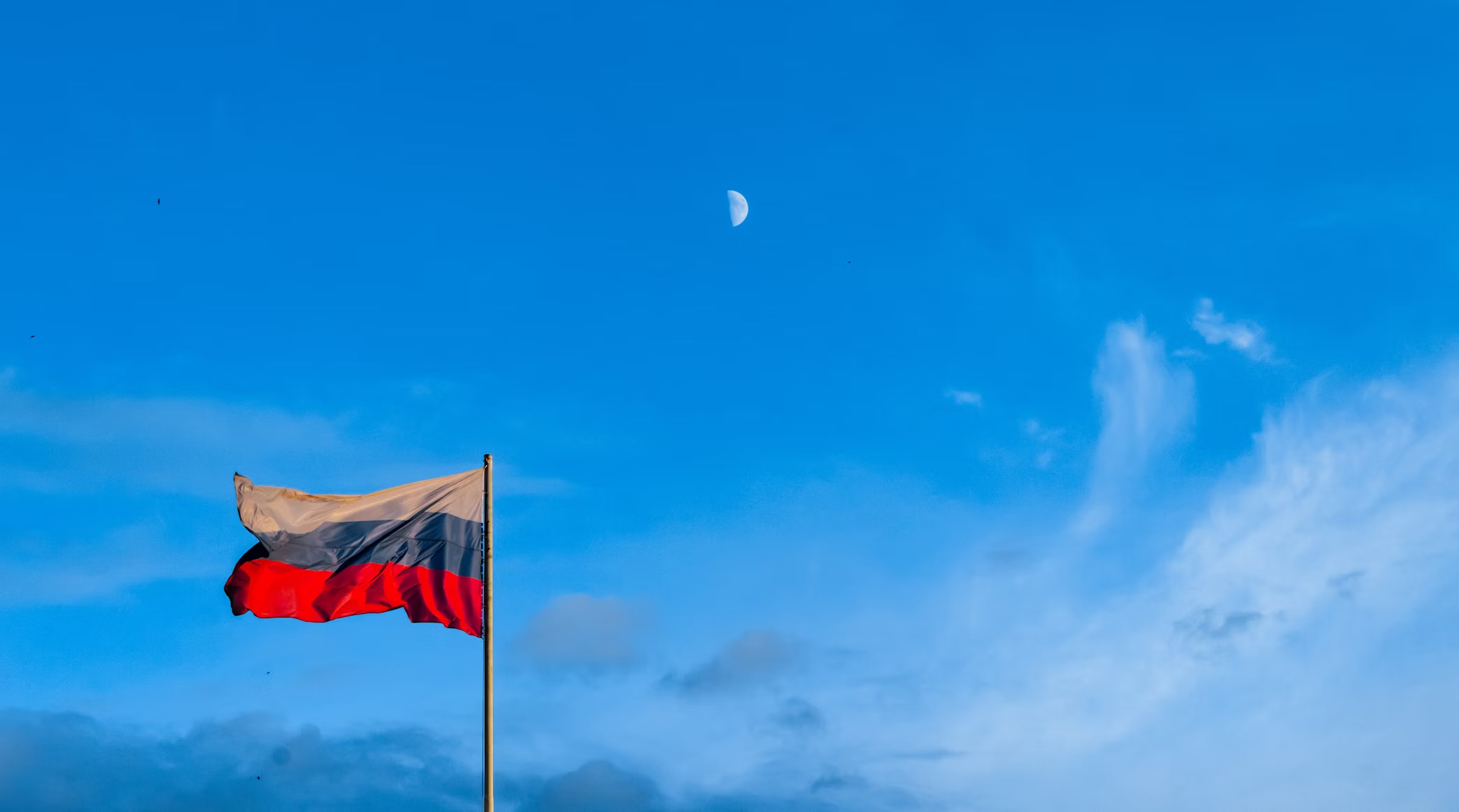
Following a series of restrictions on foreign-owned platforms since its invasion of Ukraine, Russia is preparing to block major apps such as WhatsApp, Telegram, Google, and YouTube in a new round of internet shutdowns.
Internet Blackouts to Disrupt Drone Strikes
Authorities say the mobile internet blackouts are aimed at disrupting Ukrainian drone operations. Domestic services like the Mir electronic payment system and the state-backed messenger MAX will remain accessible through “a special technical solution,” according to the Ministry of Digital Development.
MAX, which launched in August, will soon come pre-installed on all smartphones sold in Russia under new laws.
Protests have been growing in response to these measures. Earlier this month, demonstrations took place across several Russian cities against restrictions on WhatsApp and Telegram voice and video calls. Members of the local Communist Party argue such bans violate citizens’ constitutional right to communication.
Tech firms like Meta have accused the Kremlin of deliberately pushing citizens toward less secure, state-controlled apps that make surveillance easier, since many lack the end-to-end encryption offered by Western platforms.
Testing Blackouts Across Regions
Heavy internet blackouts have already been tested in parts of Dagestan, Chechnya, and Ingushetia. Unlike app-specific bans, these blackouts cut off internet access entirely, rendering VPNs — widely used in Russia — largely ineffective.
Facebook and Instagram have been banned since March 2022 under extremism laws. However, the effectiveness of these bans has been mixed. Data from Sensor Tower cited by Bloomberg earlier this year showed that Russia still had 33 million active Instagram users by mid-2025, making it one of the platform’s largest markets despite a steep drop from over 50 million users in 2021.
Author’s Opinion
Russia’s strategy to force users onto state-backed platforms may work in the short term, but history shows people find ways to keep using the apps they want. Even after years of bans, millions of Russians are still active on Instagram and Facebook through workarounds. The bigger risk for Moscow is that pushing users into limited platforms like MAX could isolate its population digitally, cutting them off from global conversations — and fueling frustration at home.
Featured image credit: Egor Filin via Unsplash
For more stories like it, click the +Follow button at the top of this page to follow us.
